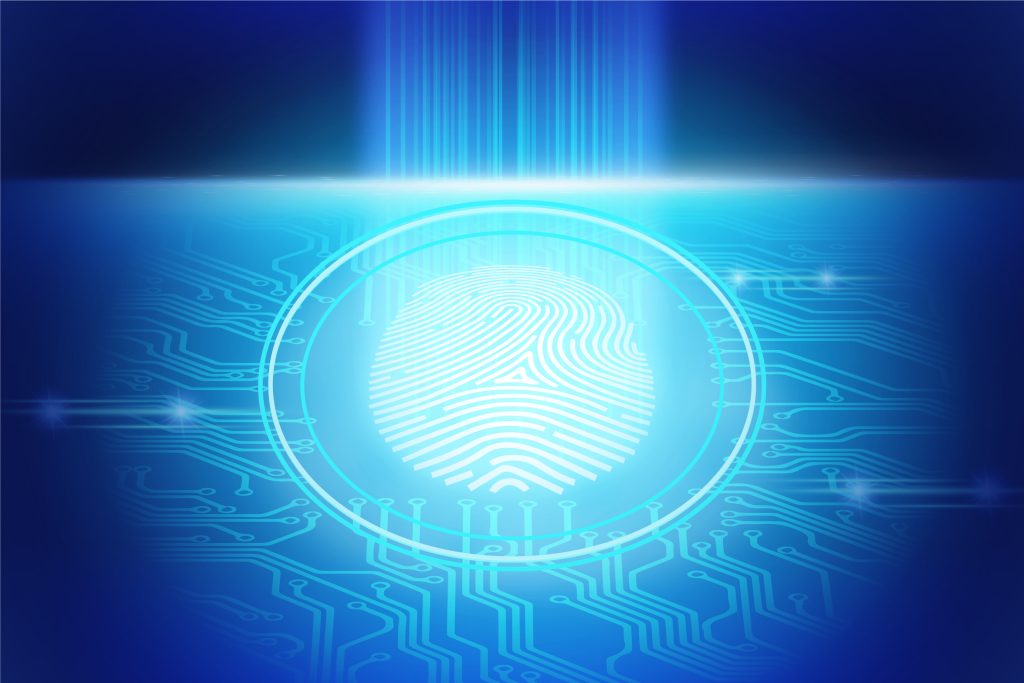Identity is what makes us unique, but it also connects us with others. It is not just our name, surname, or personal number – identity is a combination of heritage, values, beliefs, and relationships that we build throughout life. In Bosnia and Herzegovina, a country rich in history and cultural diversity, identity is particularly important because it reflects our individuality, as well as our belonging to a broader social and state framework.
Identity is not just an abstract concept – it is legally and institutionally protected through personal documents, registers, and digital systems that guarantee the rights of every citizen. The Agency for Identification Documents, Registers, and Data Exchange of Bosnia and Herzegovina (IDDEEA) plays a key role in preserving and protecting citizens’ identities, ensuring security, credibility, and digital connectivity in the modern world.
What, however, constitutes identity? How can we safeguard and protect it?
Personal Identity – Who am I when I am alone with myself?
Personal identity is not just what is written in documents – it is our beliefs, the way we make decisions, and the principles that guide us. It is what we do when no one is watching, how we react in difficult moments, and the legacy we leave.
🔹How to build an authentic personal identity?
- Develop your critical thinking skills and avoid following the herd at all costs.
- Foster virtues like integrity, bravery, and honesty.
- Focus on your studies and personal growth.
Confucius once said:
“The one who follows the crowd will usually go no further than the crowd. Those who walk alone are likely to find themselves in places no one has ever been before.”
Social Identity – Our role in the community
A person is not an island – our identity is shaped through relationships with others. We belong to families, friend circles, professional communities, but also to the state and its institutions.
🔹How to build a strong social identity?
- Actively contribute to the community through work, volunteering, and helping others.
- Obey laws and institutions, as they protect our identity.
- Nurture dialogue and understanding among different groups.
“O humanity! Be mindful of your Lord who created you from a single soul, and from it He created its mate, and through both He spread countless men and women.” (Al-Hujurat, 13)
Bosnia and Herzegovina is home to different peoples, languages, and cultures. Our identity should not divide us, but rather connect us in building a better society.
Institutional and Digital Identity – Security in the Modern World
In contemporary society, identity is not just a matter of personal perception – it is legally recognized and protected through personal documents, registers, and digital systems.
IDDEEA plays a crucial role in protecting the identity of citizens of Bosnia and Herzegovina by:
- Issuing personal documents that guarantee legal security.
- Managing the population register and registers that protect citizens’ rights.
- Developing digital systems that enable secure data exchange.
🔹How to protect your institutional and digital identity?
- Keep personal documents safe and do not share personal data with unverified sources.
- Use strong passwords and security measures online.
- Be aware of the digital footprint we leave on social media.
Many citizens are unaware of how important it is to protect their personal data. Loss or misuse of identification documents can lead to identity theft, which can have serious consequences. Therefore, it is important to be responsible and use the security mechanisms provided by state institutions.
Professional Identity – Responsibility to Oneself and Society
The work we do becomes an important part of our identity. Professionalism, work ethic, and contributions to society reflect what kind of people we are.
🔹How to build a strong professional identity?
- Work with dedication and responsibility, regardless of the position.
- Continuously learn and improve.
- Be known for your integrity and respect toward colleagues.
Albert Einstein said:
“Do not strive to be successful. Strive to be valuable.”
Cultural Identity – Language, Tradition, and Heritage
Our culture, customs, and language are inseparable parts of our identity. In the era of globalization, many cultures are disappearing, therefore it is important to preserve our heritage.
🔹How to preserve cultural identity?
- Nurture and use your native language.
- Respect and pass on traditions to new generations.
- Appreciate and learn from the rich history of Bosnia and Herzegovina.
Nelson Mandela said:
“If you speak to a man in a language he understands, it goes to his head. If you speak to him in his language, it goes to his heart.”
Conclusion – Identity is Our Strength and Our Responsibility
Identity is not just a personal matter – it is the foundation of society and the state. It is built through honesty, education, work, and responsibility toward oneself and others. IDDEEA, as an institution, provides citizens with secure systems to protect their identities, but it is up to each of us to safeguard and develop it.
🔹What can we do today to strengthen our identity?
- Reflect on who we are and what values we stand for.
- Respect the legal and digital frameworks that protect our identity.
- Contribute to society, culture, and future generations.
Mahatma Gandhi said:
“Be the change you wish to see in the world.”
Our identity is our responsibility. We build it with every action, every word, and every decision.
